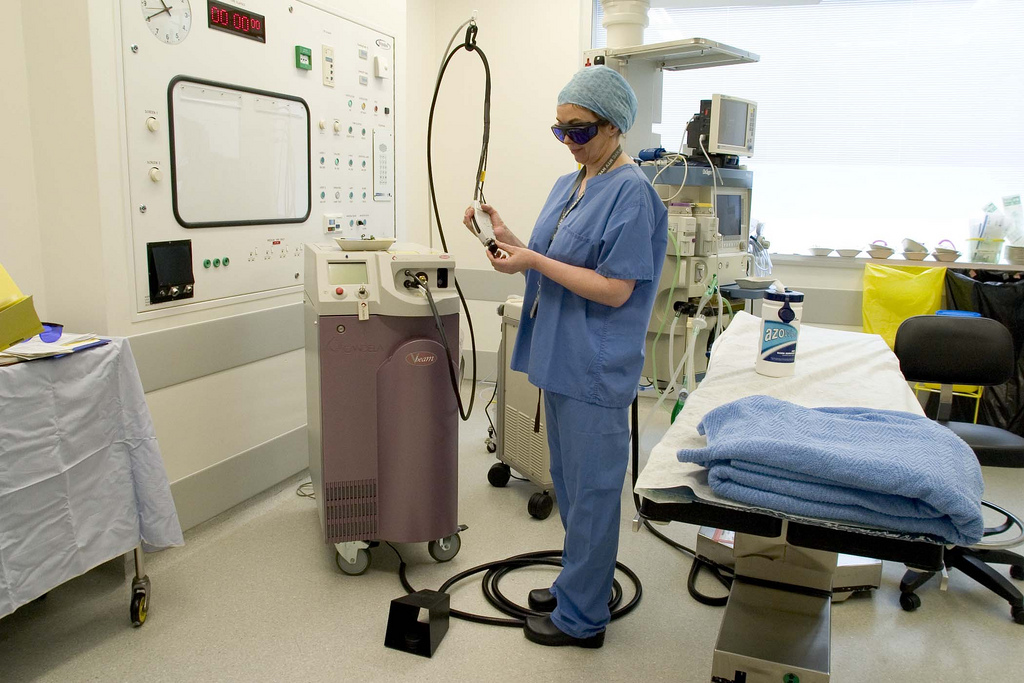Over the last decade, Virginia has become a for data centers that process and maintain the computing power our technology-savvy society uses everyday. In reality, 70 percent of global internet traffic runs through Northern Virginia, namely Ashburn and the surrounding areas. In all, data centers are worth over $10 billion in the Virginia economy. To become a more attractive location to the emerging global market, Virginia has offerred tax breaks to lure a few of the world’s wealthiest companies to set up shop in the Old Dominion.
10 years ago, the sales and use tax exemptions for data centers and computing warehouses was enacted to bring in the big bucks from tech companies and other that used giant data centers. The state’s largest tax break has swooned many major players in the industry including tehcnology and financial titans Microsoft, Capital One, Bank of America.
Amazon, who operates five of the 25 major data centers in commonwealth is a newcomer to the computing game in Virginia. The incentives offered have also spurred growth from Alibaba, Apple, and Facebook. In October, Facebook announced that it would bring some of its business to Henrico County and contruct a $1 billion data center. The 970,000-square-foot facility would create around 100 full-time jobs.
Although tax incentives have brought big business to the state, some are skeptical of the tax break program. They claim they are an unnecessary financial giveaway to companies that would thrive in Virginia under normal circumstances. According to the Washington Post, the tax breaks on internet and processing companies have amounted to nearly $65 million in uncollected state revenue for the previous fiscal year.
Data centers normally cost hundred of millions if not billions of dollars to construct, operate, and maintain. However, they usually employ very few people to manage the banks of computers and hardware systems. In turn, they do not produce a proportionate amount of new income taxes, but do provide a boost in property and sales taxes for a locality. For example, Loudoun County, due to its proximity to the world internet hub, brings in around $150 million in local taxes every year.
Virginia is home to approxmately 700 data processing centers and related utilities, most of which are relatively small. To be eligible for state tax breaks, however, the company must spend at least $150 million and meet stringent hiring and salary thresholds.
According to the Virginia Economic Development Partnership (VEDC), 24 out of the 25 data centers that are eligible for tax breaks are located in Northern Virginia and around the Richmond-metro area. 70 percent of those are isolated to just thress counties: Loudoun, Fairfax, and Prince William. A few key factors make those areas more attractive including low energy costs, proximity to federal organizations, and its robust digital infrastructure.
The tax breaks given to data centers is nearly double the next largest segment. So, all while the most prominent and wealthy Virginia localities have enjoyed the data center boom over the last decade, some lawmakers are now examining the tax breaks as just one part of a broader look at economic development incentives.
House Appropriations Committee Chairman Delegate Chris Jones (R-Suffolk) is one who is questioning the future of the program. He claims, “It’s something we need to revisit.”
Buddy Rizer, the head of the Loudoun County’s economic development office, explained recently the state tax incentives have been a big part of the success of his county. “You will not be competitive without this to somewhat level the playing field,” he said in the report.
More states around the country are now offerring the lucrative tax incentives that helped build the data processing industry in Virginia. However, Kasia Tarczynska, an analyst with Good Jobs First, believes tax incentives have a minor impact on where companies decide to locate. She said Virginia will ultimately remain a top destination regardless of public subsidies.
“The idea for tax incentives is to help start something that would not happen if not for that tax incentive,” she explained. “You don’t need to support a healthy industry,” Tarczynska said.






